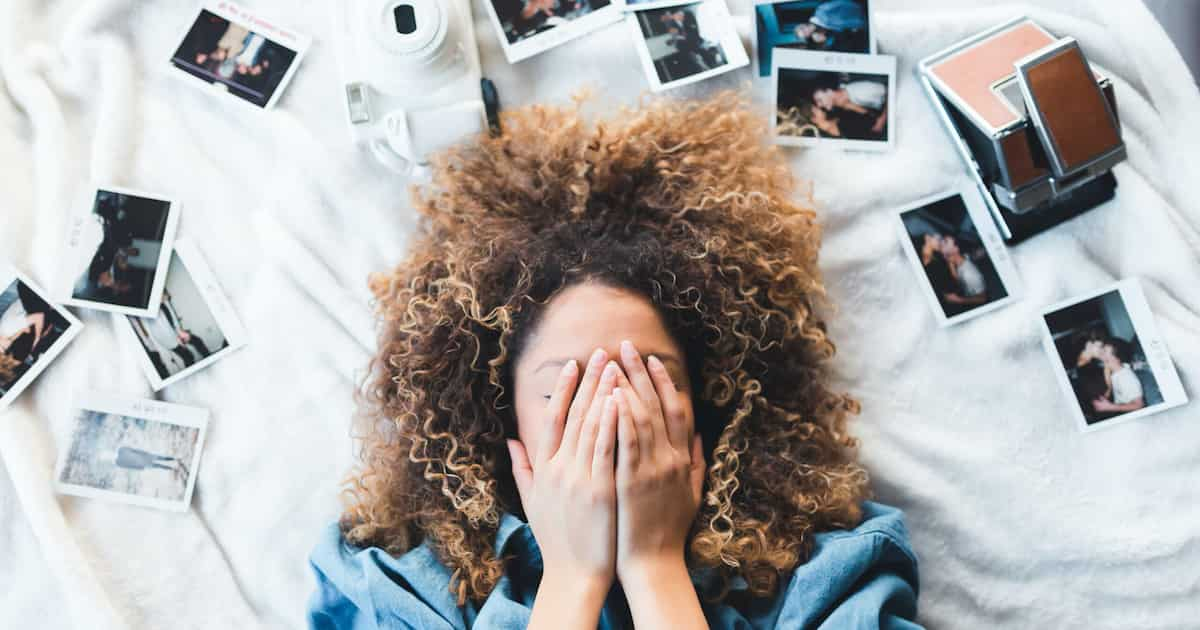
12 Oct Sharing isn’t Always Caring: How to Avoid Getting Sued Over the Images You Post Online
You may have seen the recent news that Deshaun Watson, quarterback with the Houston Texans, is being sued for posting three photos to his Instagram account without the photographer’s permission. The copyright infringement lawsuit alleges that Watson did not “seek or obtain permission, authorization, or a license from plaintiff for the use of the plaintiff’s photographs.” Now, you may not have Watson’s 1.4 million followers (the three photos at issue drew a combined 171,000 likes!), but you might be wondering, “have I ever shared something online that could get me sued?” If you have ever shared an image that was not your own, you may have. Let’s take a look.
Who Owns the Images?
Before we dive into who owns an image, it’s important that we do a quick review. A copyright is the intellectual property protection afforded to “original works of authorship.” This basically means that the person who makes the image (or writing, recording, artwork, etc.) is the owner. When an author creates an image: through taking a photograph, editing it, and even adding words to an image (by creating a meme), they take automatic ownership of that image.
What does ownership of an image mean, in practical terms? It means that only the copyright-holder/creator of the image has the right to print, produce, reproduce, or give permission for the use of the image.
That means if a photographer, whether a professional freelance photographer or a layperson with an iPhone camera, snaps a shot and shares it online, he or she is the only person with the right to print that photo and reproduce that photo.
How Do You License Images for Use on Social Media?
But wait, you may be thinking, don’t photos get shared online all the time? Yes! But, they are not always shared properly. Sharing content you find online is a violation of copyright law unless you were expressly given permission by the original content creator.
In some cases, there are exceptions baked into the platform where the image is shared. For example, Twitter’s terms state that users agree to have their content “retweeted” with the platform. This means that Twitter users have permission to share content within the app, but not to download the content and repost it elsewhere.
So, you want to share or post an image that you found online? First look to the platform where you found the image and the one where you want to share it. What are the terms? Is there an exception to the automatic copyright rule that you cannot use an image without its creator’s permission?
If you can’t find an exception, you are going to have to approach the content creator. Ask permission to share an image and be clear where and in what context you want to do so. The creator may simply grant permission (in which case, you should retain that permission in the form of a screenshot or saved email) or they will ask you to license the image. In this case, the content creator is able to determine how, when, and where you are entitled to reproduce their image, and they can set a price.
How Do You Know Who is the True Owner of an Image?
Sometimes, it can be difficult to discover who is the original creator of an image online. When you see it, it may have been shared and reproduced multiple times already. Poke around the internet to see if you can find the original creator of an image. Many photographers and artists will have their original work on their social media feeds or websites with dates, their names, and an assertion of their copyright. If you cannot find the original source of an image, it is best to avoid sharing it.
Don’t Get Caught Up in a Surprise Lawsuit: Do Your Homework First
All of this may seem a little scary, especially if you have been sharing others’ images up until this point. If you have, don’t panic. First, start going through the images on your social feeds and on your website. Do you know where each image came from? Are you sure that you have permission to use it? If you can’t remember where you found an image or you aren’t sure that it was shared properly, remove it from your sites and reach out to The Brand Protected ®. We can help you clean up your online presence and avoid some serious legal ramifications. Likewise, if you are a content creator and want help enforcing your copyright ownership, we can help you, too! Click here to schedule a consultation.


